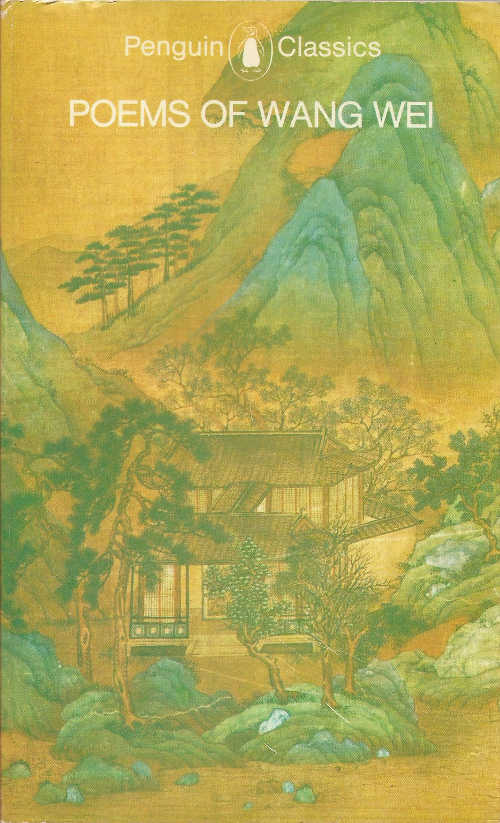
Translated with an introduction by G. W. Robinson
Wang Wei, one of Chinese literature's greatest poets, divided his time between the court and his country estate, where he drew inspiration from the mountains and solitude. His poetry affirms his belief in a whole natural order, and his delicately observed descriptions of landscapes are infused throughout with a sense of unity and Buddhist devotion. Yet it also bears testament to the tension Wang Wei experienced in his own life, between that unity and the worldly pleasures of life at court: the result is some of the most memorable poetry in Chinese literature.
 €6
€6
Translated with an introduction by G. W. Robinson
Wang Wei, one of Chinese literature's greatest poets, divided his time between the court and his country estate, where he drew inspiration from the mountains and solitude. His poetry affirms his belief in a whole natural order, and his delicately observed descriptions of landscapes are infused throughout with a sense of unity and Buddhist devotion. Yet it also bears testament to the tension Wang Wei experienced in his own life, between that unity and the worldly pleasures of life at court: the result is some of the most memorable poetry in Chinese literature.